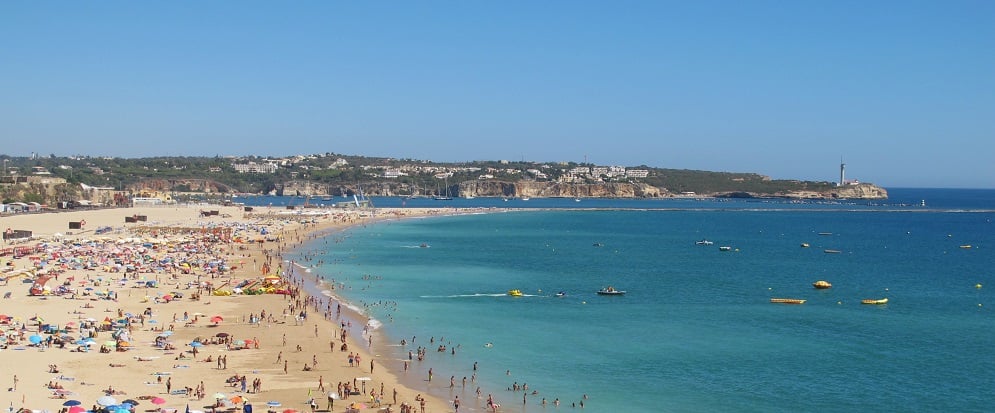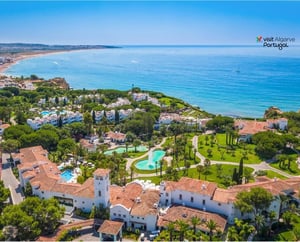Algarve Local News & Articles
This section of the My Guide Algarve website is where we share the articles and news written by our Local Experts giving you useful and helpful information as well as local tips to ensure you have the very best experience in Algarve. We cover all aspects of life and also holidaying in Algarve including Restaurants, Nightlife, Things to Do, Weddings, Wellness, Real Estate and much more. We hope that you enjoy reading them and find the content fun and engaging.
If you would like to contribute towards one of our articles with written or visual content please feel free to contact us today!
Book Top Experiences and Tours in Algarve:
If youʻre booking your trip to Algarve last minute, we have you covered. Below are some of the top tours and experiences!- Portimão: Benagil Caves Speed Boat Tour with Sunset Option
- Albufeira: Full-Day Buggy Tour with Lunch
- Faro: Ria Formosa Natural Park Segway Tour & Birdwatching
- Algarve: Horse Riding Beach Tour at Sunset or Morning
- From Albufeira: Half-Day Off-Road Quad Tour






















































